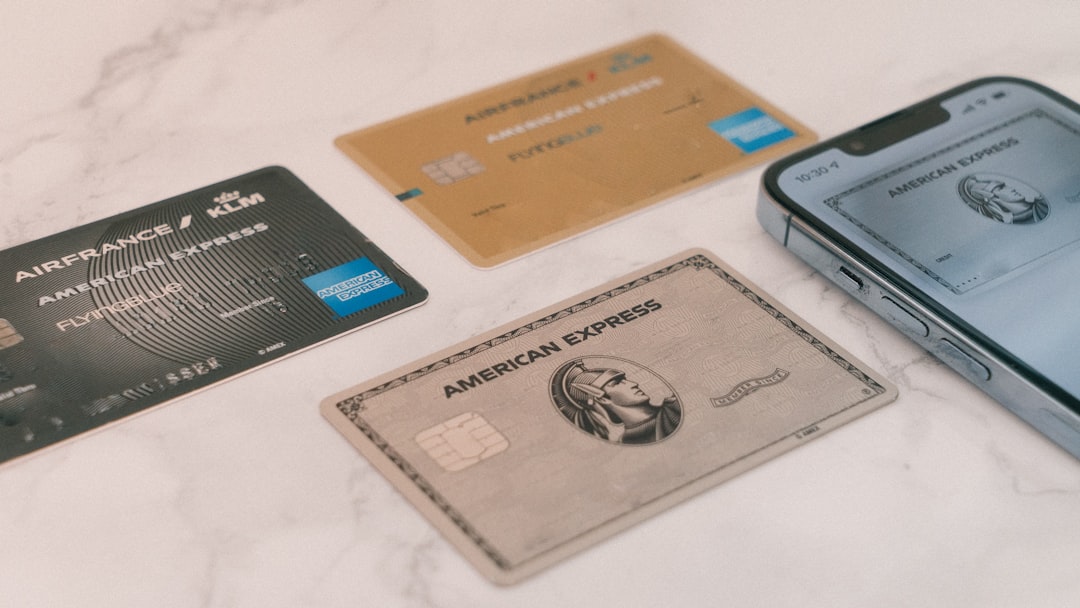Table of Contents
So, you’re thinking about starting a crypto business? That’s awesome! But before you launch your big idea, there’s one important thing you need to understand: the crypto license. Let’s explore what it takes to get one and why it really matters.
Why Do You Need a Crypto License?
Crypto is cool. But without rules, it can get messy. A license shows that you’re doing things the legal way. It builds trust with customers and keeps things fair for everyone.
Governments want to make sure that crypto businesses:
- Fight money laundering
- Protect user data
- Reduce fraud
- Pay taxes properly
So if you’re planning to run a crypto exchange, wallet service, or similar business, a license is probably required.
What Kind of Crypto Licenses Are Out There?
Not all licenses are the same. They depend on your location and what type of crypto service you offer. Here are some common types:
- Crypto Exchange License – For trading platforms.
- Wallet Service Provider License – For apps that store crypto.
- Custodial License – For holding crypto on behalf of clients.
- Financial Institutions License – For banks that want to handle crypto.
Some countries even have special categories for tokens, ICOs, and DeFi platforms.
Where Can You Get a Crypto License?
This part’s important! Not all countries welcome crypto in the same way. Some are very friendly, while others are pretty strict. Here are a few places known for supporting crypto businesses:
- Estonia – Fast, easy, and digital-friendly.
- Malta – Has a full framework for blockchain businesses.
- Switzerland – Very clear rules. Strong on privacy and safety.
- USA – Legal but complex. Every state has its own rules.
- Singapore – Efficient and respected in global finance.
Pick the country that fits your business style and goals.

The Basic Legal Framework
Let’s simplify things. Each country may be different, but many follow a few key rules. Here’s what regulators usually look for when you apply for a crypto license:
- KYC Policies – Know Your Customer. You have to verify your users’ identity.
- AML Programs – Anti-Money Laundering procedures stop criminals from hiding money.
- Data Protection – You must protect user information and passwords.
- Compliance Officer – A person responsible for following the law.
- Audit and Reporting – Keep records, and share them with regulators when asked.
If you follow these rules, you’re moving in the right direction.
Steps to Get a Crypto License
Here’s a quick step-by-step guide:
- Choose a Country – Pick one that’s crypto-friendly.
- Register Your Company – Set up your business officially.
- Prepare the Right Documents – Business plans, director info, policies, etc.
- Apply for the License – Submit your application to the regulator.
- Wait for Approval – It can take a few weeks to a few months.
Some places are faster than others. For example, Estonia may take a few weeks. But the U.S. may take several months.
Cost and Time
Let’s talk numbers. Getting a license is an investment. Here’s a rough idea:
- Setup Costs – $10,000 to $50,000+ depending on the country.
- Ongoing Fees – Annual renewals, audits, legal help.
- Time Frame – 1 to 6 months on average.
It might sound high, but having a license builds trust. That means more users and more growth for you.

Do You Need a Lawyer?
Short answer: Yes! Crypto law is tricky. Rules can change fast. Having a lawyer who understands international finance and digital assets makes a big difference.
Some companies also use crypto consultants. These are firms that help set up and launch your business legally across different countries.
What Happens If You Operate Without a License?
Operating without a license can be risky. Here’s what might happen:
- Heavy fines
- Shutdown orders
- Loss of customer trust
- Even jail time in serious cases!
It’s simply not worth the risk. Always play by the rules.
Updates and Monitoring
The crypto world moves fast. So do the laws! Every few months, new regulations pop up. That’s why you’ll need to check for updates and make sure your business still complies.
Here’s how to stay updated:
- Follow government websites
- Join crypto legal communities
- Subscribe to compliance newsletters
- Work with a lawyer or consultant regularly
Top Tips for New Crypto Businesses
If you’re just starting out, keep these golden rules in mind:
- Start Small – Test your service before going global.
- Invest in Security – Protect users and data.
- Be Transparent – Tell your customers how you use their data and money.
- Keep Records – Stay organized and ready for audits.
- Stay Ethical – Follow the rules. Respect the system.
The Future of Crypto Licensing
Regulations keep changing. Some governments are still figuring it out. But one thing is clear — crypto is here to stay.
And with more people using crypto wallets, NFTs, and DeFi apps, we can expect even stricter rules in the future.
So getting your crypto license now doesn’t just protect you — it puts you ahead of the curve!
Final Thoughts
Crypto is exciting and full of opportunities. But to succeed long-term, you need to follow the rules. Getting a crypto license may take time, effort, and money — but it’s totally worth it.
If you’re ready to build trust, grow your brand, and go global, start your licensing journey today.
The future is digital — just make sure you’re legally ready for it!

